Bring Back the Beaver – A UK Conservation Debate?
Public response is another; it’s not always positive because beavers are rodents and therefore rank quite low on the public popularity scale.
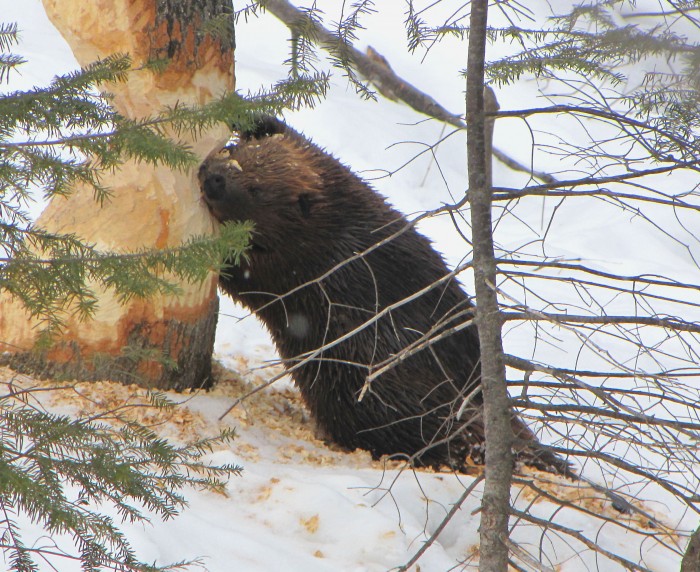 Image: By D. Gordon E. Robertson (Own work) [CC-BY-SA-3.0 (http://creativecommons.org/licenses/by-sa/3.0) or GFDL (http://www.gnu.org/copyleft/fdl.html)], via Wikimedia Commons
Image: By D. Gordon E. Robertson (Own work) [CC-BY-SA-3.0 (http://creativecommons.org/licenses/by-sa/3.0) or GFDL (http://www.gnu.org/copyleft/fdl.html)], via Wikimedia Commons
By: Flora Haynes (BSc Ecology and Conservation) @FloraHaynes
Over the last 300 years, 80% of the UK’s wetlands have been lost as a direct result of agricultural practices, floodplain development and pollution. Seeing as the UK’s wetlands support unique wildlife, provide a buffer for extreme weather events and help prevent floods by storing water, this is far from settling.
This brings to my mind, the beaver. Why beavers of all -extinct in the UK- species, one may ask?
The answer is, because beavers aid the creation of wetlands through natural landscape engineering but has been extinct in the UK for 400 years due to unsustainable hunting and is still considered to be a nuisance by many.
Consequently, the reintroduction of its closest living relative the European beaver (Caster fiber) is highly debated but beaver trials are now underway in the UK, to assess the benefit this animal has for wetland creation in the UK because it is a keystone species in the wetland ecosystem because…
Lodges and dams provide hibernation sites, and dams create ponds which support several species and provide a nursery for fish. Beavers also coppice the area during timber harvesting, which is important for bank side regeneration and provides unique habitats. The storage of water in ponds and the high water storage capacity of wetlands can significantly reduce the flood risk to human populations downstream and has the ability to save millions in flood damage costs. Additionally if the dam is damaged the beaver family will immediately begin repairs, providing flood management around the clock.
These benefits have been recognized by UK conservation experts involved in the various ongoing beaver trials but there are several issues surrounding these trials such as the problems associated with introducing an alien species. Public response is another; it’s not always positive because beavers are rodents and therefore rank quite low on the public popularity scale.
However, they are no more likely to carry diseases than other more tolerated wild rodents and there are strict quarantine procedures in place to help reduce disease risk. For landowners whose fields they dig up, they may forever be regarded as a costly pest. Still, the reduced flood risk provided by wetland creation is worth landowner’s consideration.
In addition to the ecological benefits that the beaver provides, beaver reintroductions could provide a cost effective solution to the human problem of flood management, which will become an increasing problem in a time of when climate change; sea level rise and extreme weather events.
The Beaver Trial in Kent…is not the only one underway but gives one an idea of what ‘Beaver Trials’ entail.
Are you involved in a Beaver trial in the UK or elsewhere, that you’d like to tell us about?
Have you got a view on the subject, that you’d like to share?
Got questions about Beaver trials and/or Beavers in general?
Feel free to leave your questions and comments below

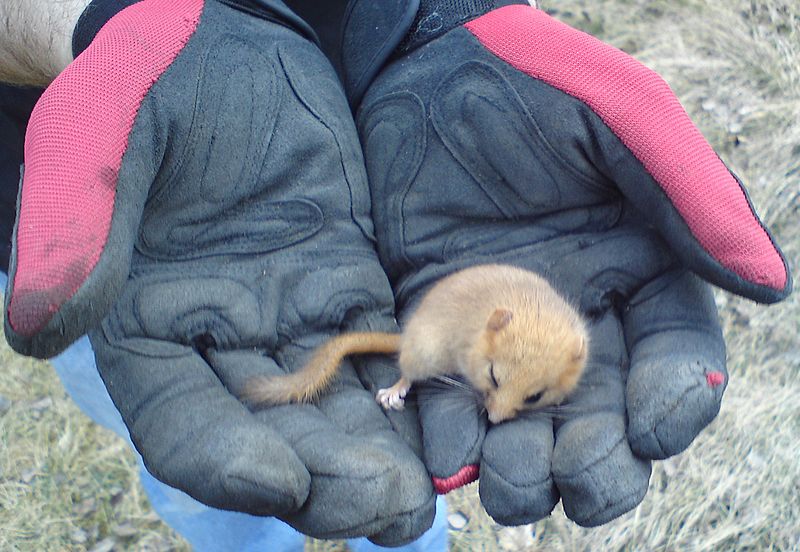
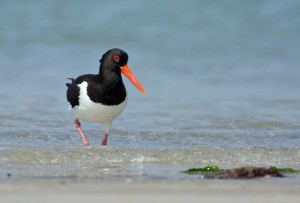
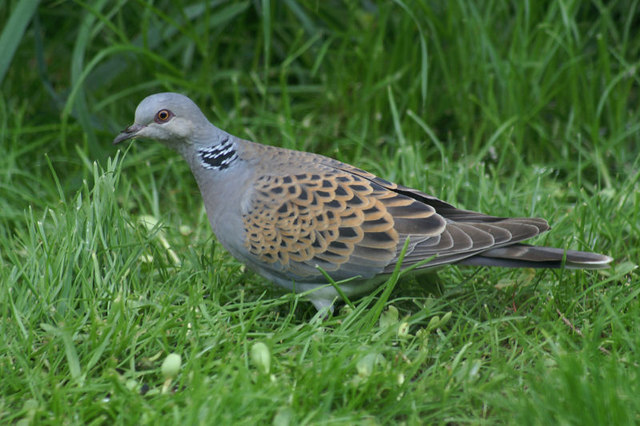
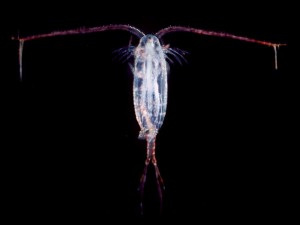
No comments yet.